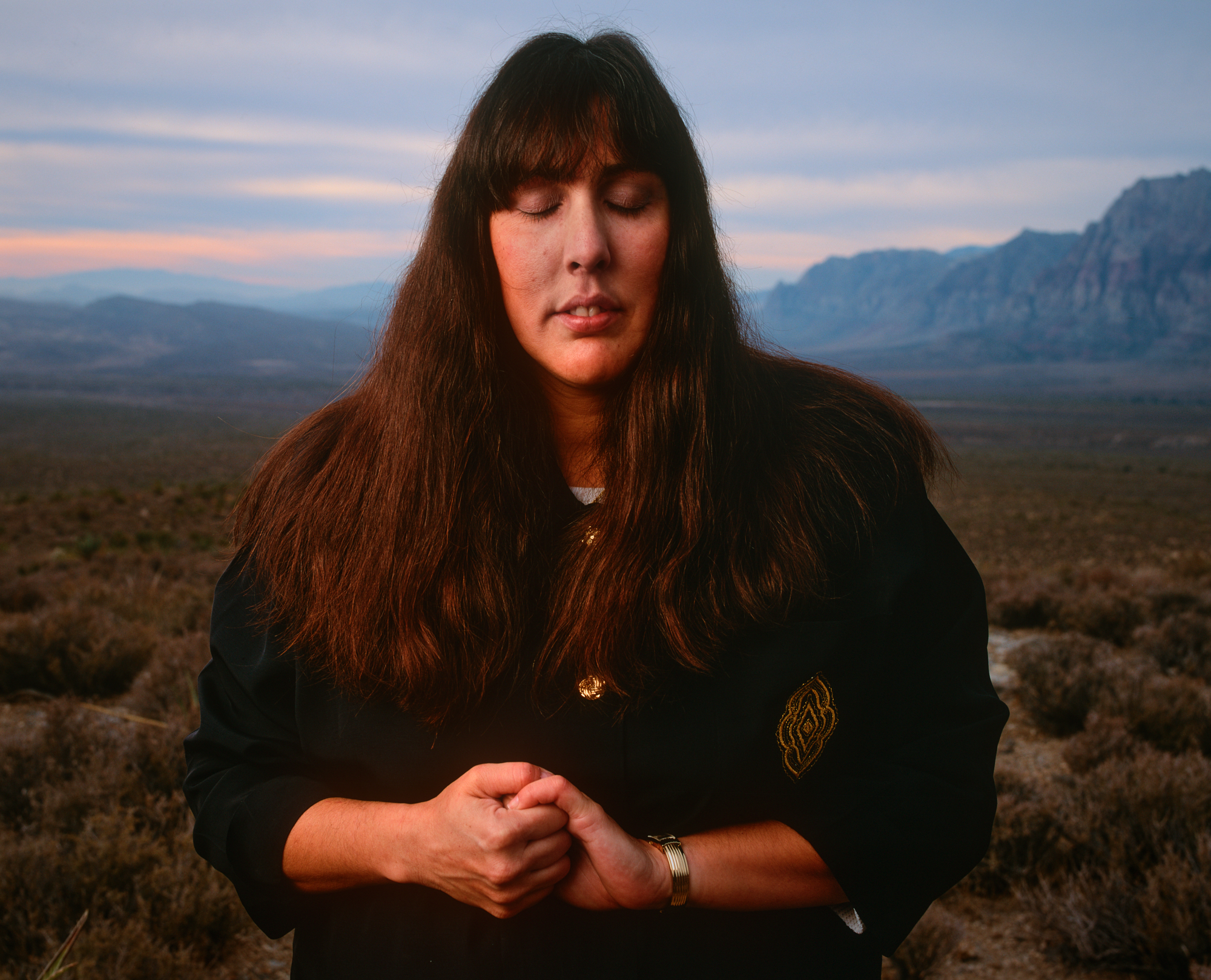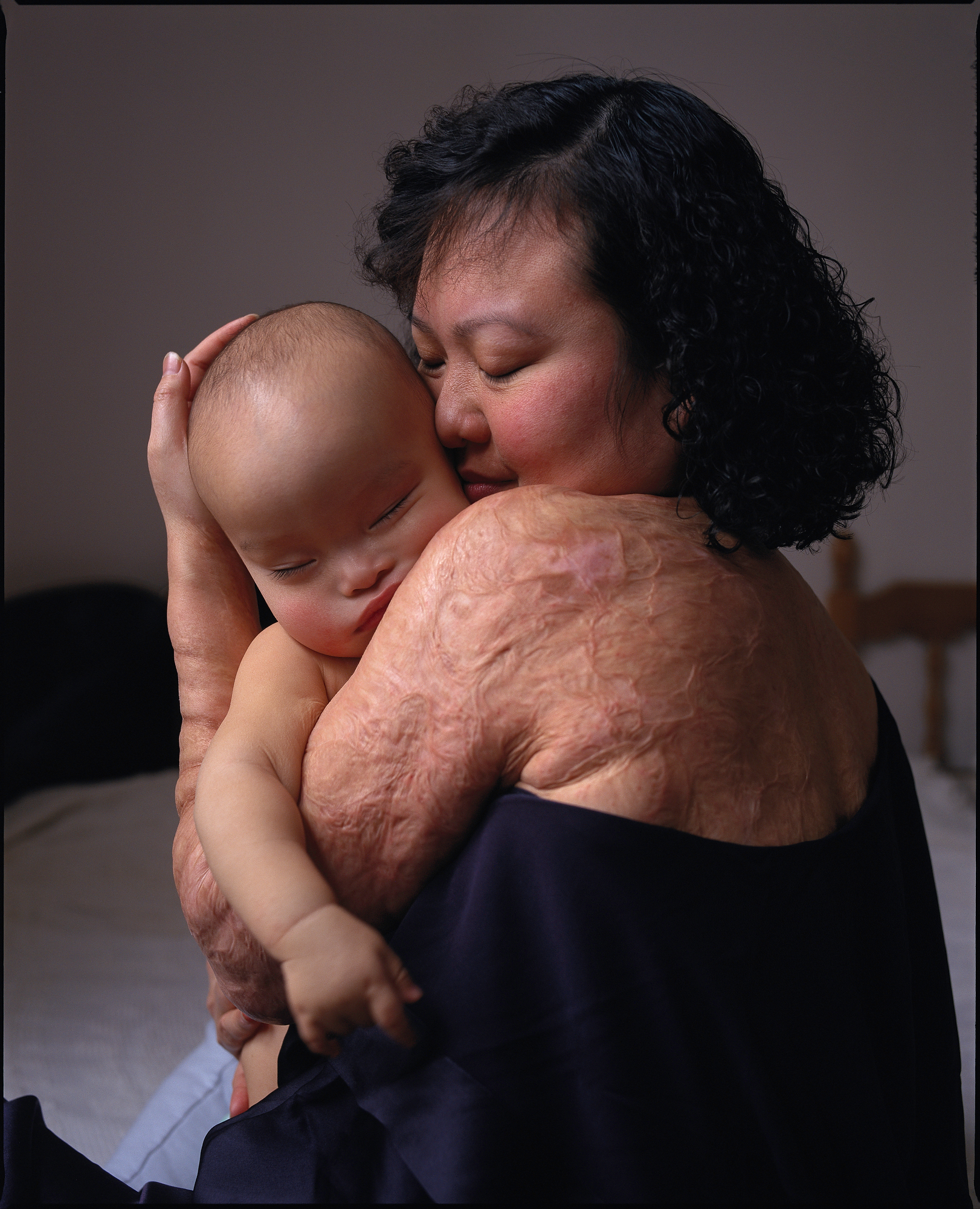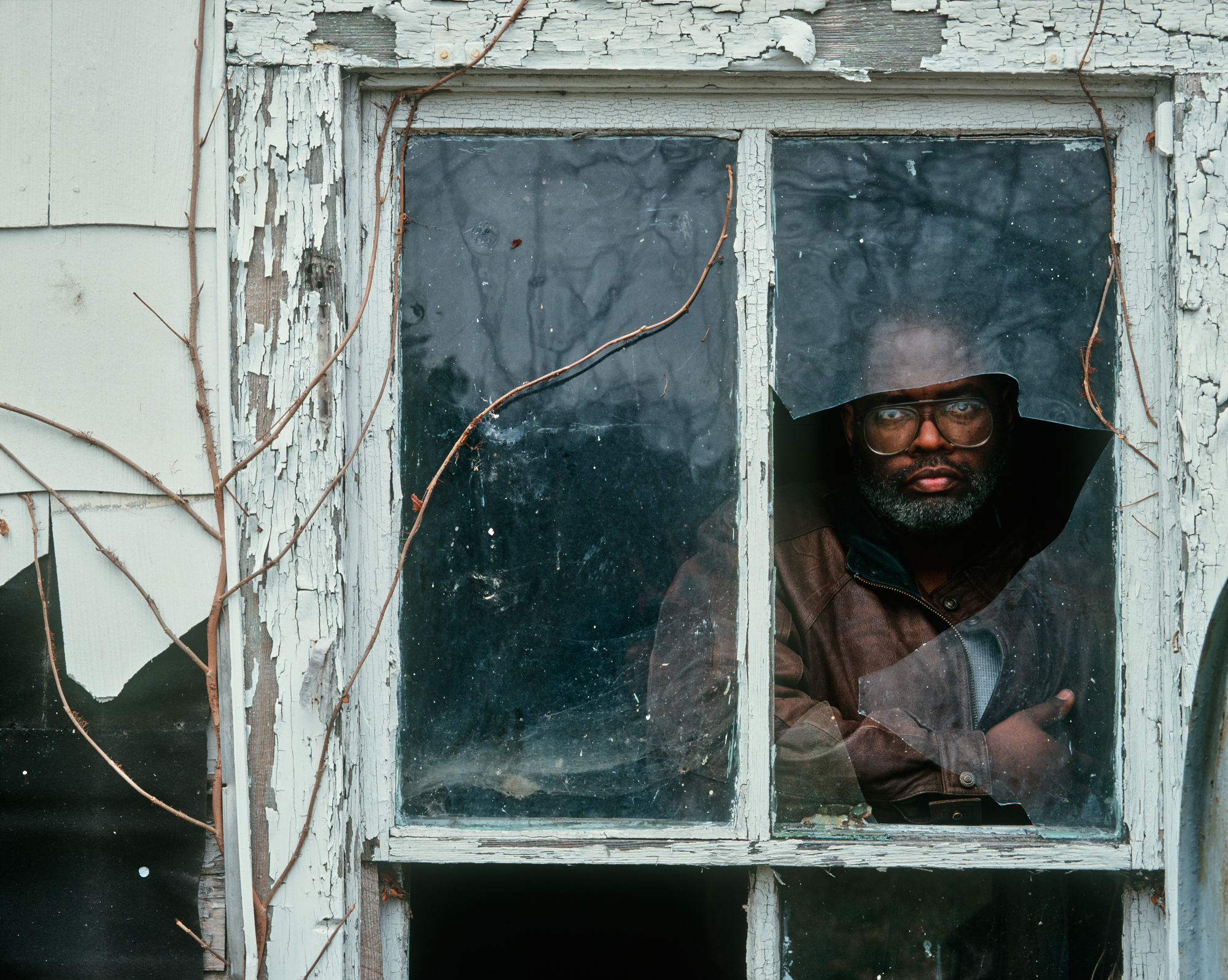May 2, 2021
Kijini Primary School students learn to float, swim and perform rescues on Oct. 25, 2016, in the Indian Ocean at Muyuni, Zanzibar. "It was phenomenal to watch their facial expressions and body language shift from total fear and utter trepidation to peaceful, and then to what ultimately revealed itself as confidence and joy," says photographer Anna Boyiazis, who won one of this year's awards.
Anna Boyiazis
Girls learning how to swim in the Indian Ocean on Zanzibar's coast — a beautiful and calm image. It's also striking if you know the backstory: For these girls — who for years were prohibited from going in the water by their conservative Muslim culture — learning to swim is a revolutionary act. They are not only acquiring a potentially life-saving skill but also gaining access to a new space.
"It was phenomenal to watch their facial expressions and body language shift from total fear and utter trepidation to peaceful, and then to what ultimately revealed itself as confidence and joy," says photographer Anna Boyiazis, who was chosen as one of the Leica Women Foto Project winners for her work documenting the swimming lessons.
Swim instructor Chema snaps her fingers as she disappears underwater on Dec. 28, 2016, in Nungwi, Zanzibar. "It was fulfilling to photograph alongside a group of women swim instructors who are supporting positive change for women and girls in the archipelago," says photographer Anna Boyiazis.
Anna Boyiazis
Finding Freedom in the Water
When Boyiazis first visited Zanzibar many years before she started this project, the local people told her, "Girls don't swim" — to which she replied, pointing to herself, "This one does!"
Years later, Boyiazis learned from a fellow journalist that a nonprofit organization called The Panje Project was teaching children in Zanzibar to swim in an effort to stop the high number of drownings. The organization helped break the "girls don't swim" taboo by providing burkinis — a swimsuit that covers the entire body except face, hands and feet — so the girls could be in the water while following their culture's dress code.
"It was fulfilling to photograph alongside a group of women swim instructors who are supporting positive change for women and girls in the archipelago," says Boyiazis.











